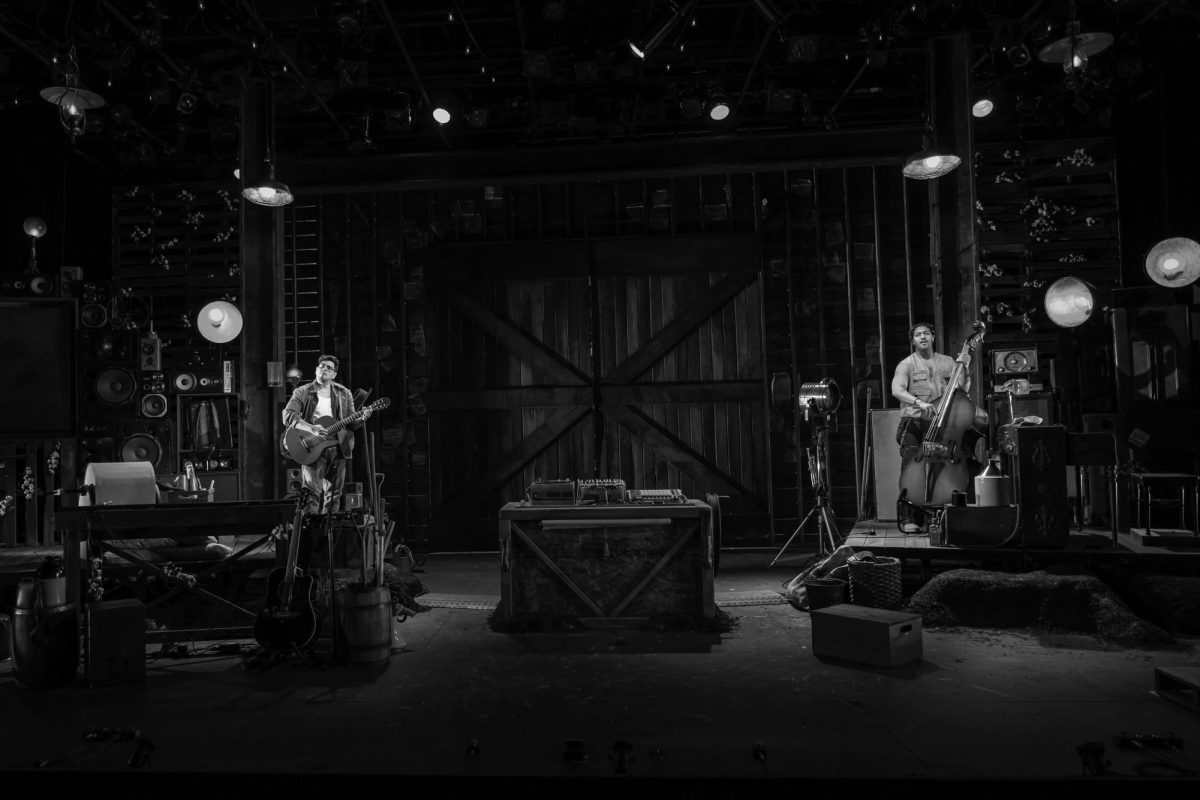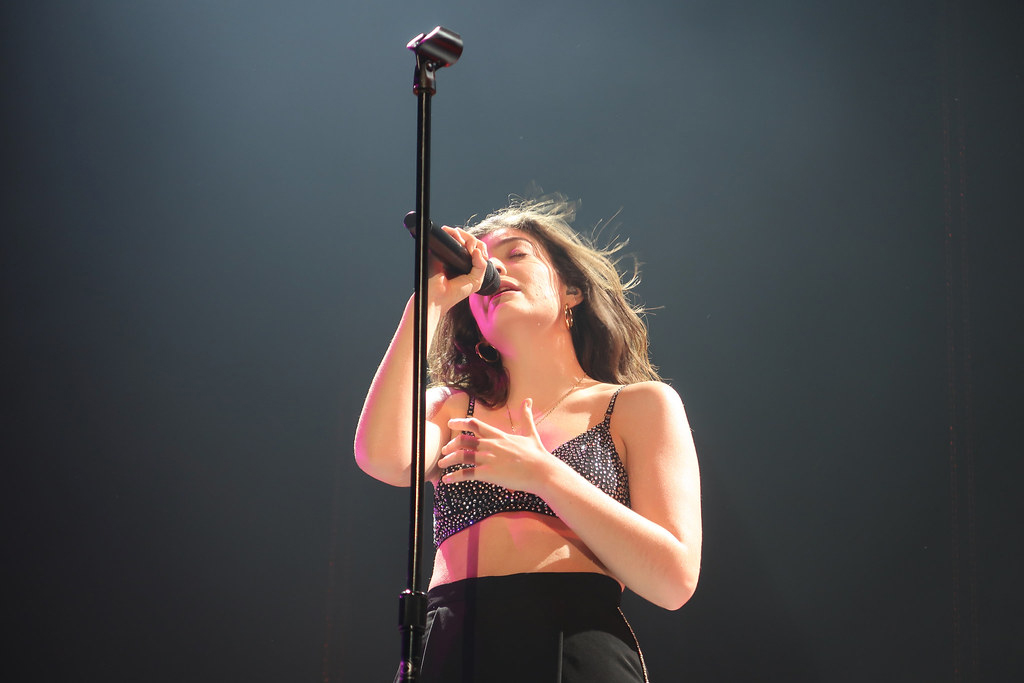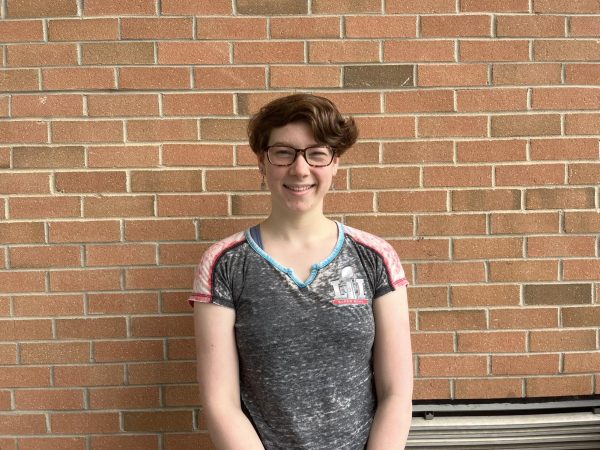“Mexodus,” a musical commemorating the underground railroad and the flight to Mexico, has stunned audiences through its unique presentation.
“Mexodus” tells the real story of the Underground Railroad that went south into Mexico, following two fictional characters, Henry and Carlos. In the musical, Henry, a young enslaved Black man fleeing slavery in Texas, meets Carlos, a former soldier from Mexico who lost everything fighting for independence from Spain.
According to DC Theater Arts, while Henry’s story is often heard in the U.S., far fewer stories in American history focus on people like Carlos, who lost his family, home, and livelihood while a soldier and struggled to make a life for himself as an inexperienced tenant farmer when he left the service. Director David Mendizábal described the relationship between the main characters as “two men who find each other under dire circumstances and journey together to create their own freedom.”
According to the Washington Post, Mexico began to abolish slavery in 1821 after declaring independence from Spain and provided aid and shelter to escaped slaves from the U.S. The story of “Mexodus” explores the story of slavery and the underground railroad while also delving into Mexican independence, the legacy of post-colonialism and the community of Mascogos living in Mexico.
The Mascogos are a group of descendants of formerly enslaved African Americans who had taken shelter in Seminole-controlled Florida before the U.S. took over Florida. While this community is often overlooked in favor of the communities that fled to Canada or the Northern U.S., they demonstrate the interconnectedness between Mexicans, African Americans and indigenous peoples.
The musical already stands out, given that the performance comprises only two actors. However, the music itself raises the performance to a new level. According to Mendizábal, the music was inspired by “90’s hip hop, R&B, Spanish rock, African American spirituals and work songs, contemporary musical theater and Mexican boleros,” so the production initially drew on nontraditional music choices. However, the use of live-looped music turned this musical into a piece of “sonic wizardry,” according to DC Theater Arts.
According to the Washington Post, “creators Brian Quijada and Nygel D. Robinson not only use instruments and their voices to make music but record, play back and layer tracks of that music onstage.” Consequently, the music “build[s] up complex sonic textures that are new at each performance.” Mendizábal added that “live looping serves as a metaphor for… breaking free from the loop of history… [because] each layer of sound represents a step towards creating a more just and equitable future.”
According to Quijada, in an article for the Washington Post, “the making of the music is actually representative of the story.” The same article referred to “the intensely collaborative musical format” as “suit [ing] the historical narrative, resonating with themes of empathy and togetherness.”
Mendizábal commented that the musical was “inspired by the untold story of the Underground Railroad that went South into Mexico” and “the long overdue racial reckoning that emerged in America” during the pandemic.
In the musical’s program, Robinson stated that part of the reason he and Quijada created this story is because “power structures know the danger of solidarity so they will stop at nothing to make sure we don’t know our collective history. With “Mexodus,” we hope to shed light on a little-known and very specific moment of Black and Brown solidarity.”
Both Robinson and Quijada have prior experience as writers and performers. Robinson has acted in various productions and performed and produced music, while Quijada is an Emmy-nominated playwright, actor, and composer most well known for his original work “Where Did We Sit on the Bus?”, a solo performance also based on hip-hop music and focusing on the history of Latinx people in the U.S.
The two met at a conference for actors and musicians in Feb. 2020, just before the pandemic. For many, the pandemic halted plans and careers, but for Quijada and Robinson the pandemic allowed them to develop a concept album together inspired by the southbound Underground Railroad. When the return to theaters began, the two artists collaborated to turn their music into a theatrical production. Though the live-looping technique presented numerous challenges for blocking, sound quality and other technical elements of the performance, according to the Washington Post, the overall effect was “an amped-up version of live theater’s exhilarating precariousness, tailored for an era when music meets high tech.”
The live-looping technique also created the potential for error that instilled an even deeper connection between the music and the events it depicts.
Mendizábal stated that “as an artist of color, as a person of color, the permission to fail is not a reality… [so] there’s something about the aliveness of the looping and the possibility of failure that’s also cooked into the play, that’s kind of beautiful.”
The musical’s message of solidarity, support and empathy were wrapped into one sentence that concluded Robinson’s personal statement on the musical’s program — “no one is free until everyone is free.”
“Mexodus” is performing at the Mosaic Theater in Washington through June 15.












































